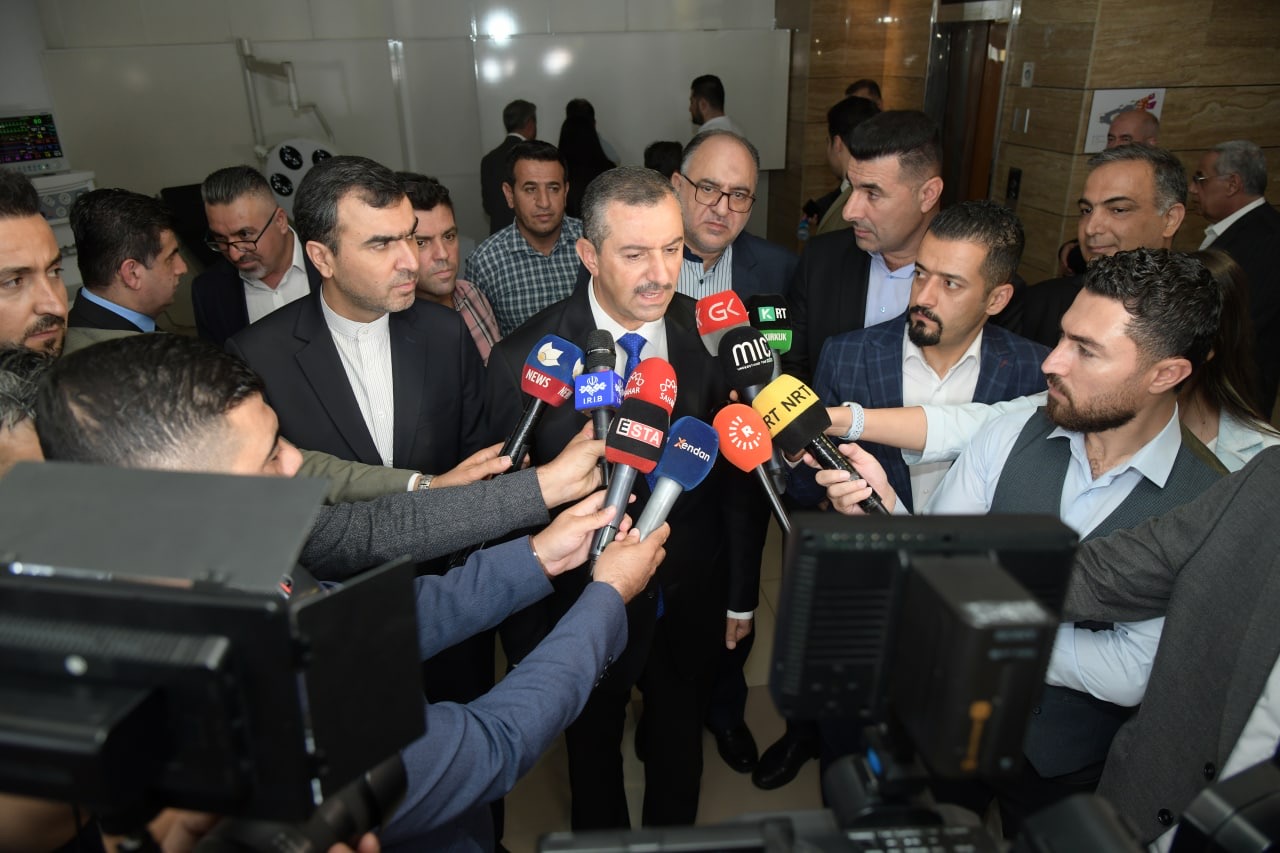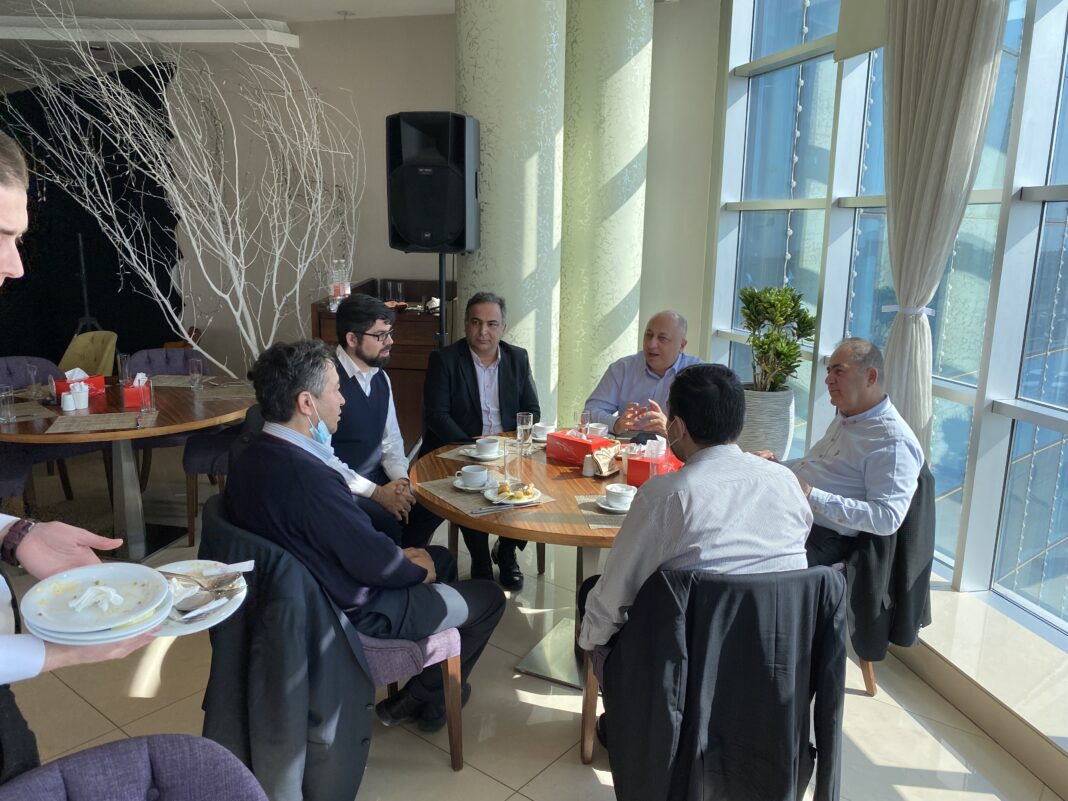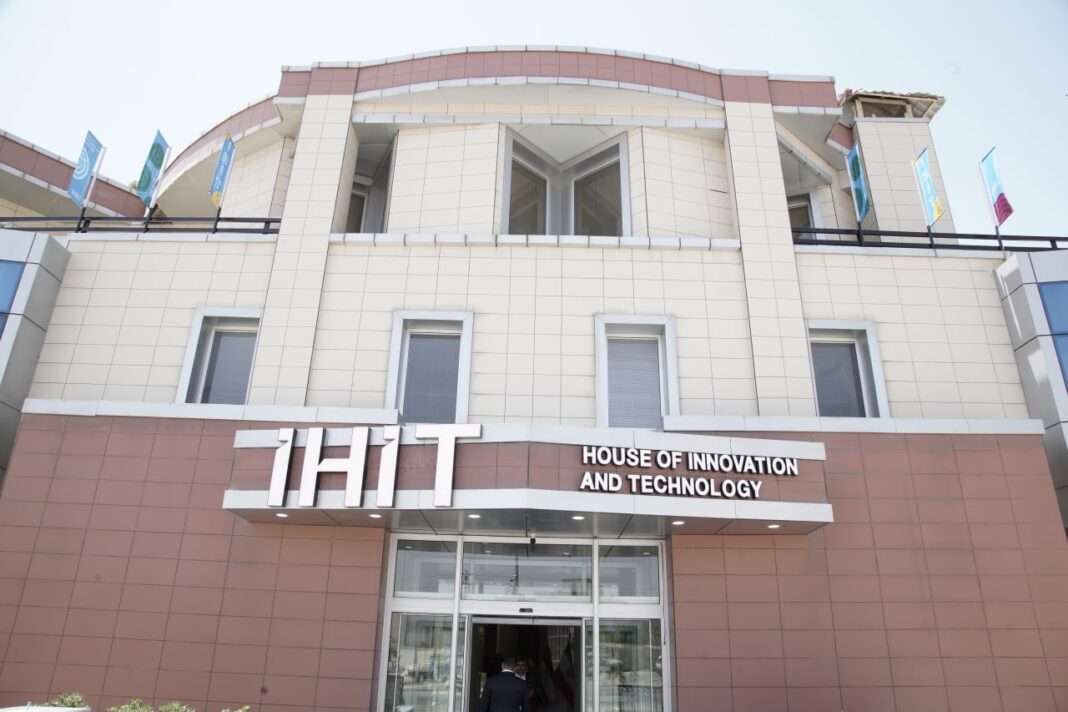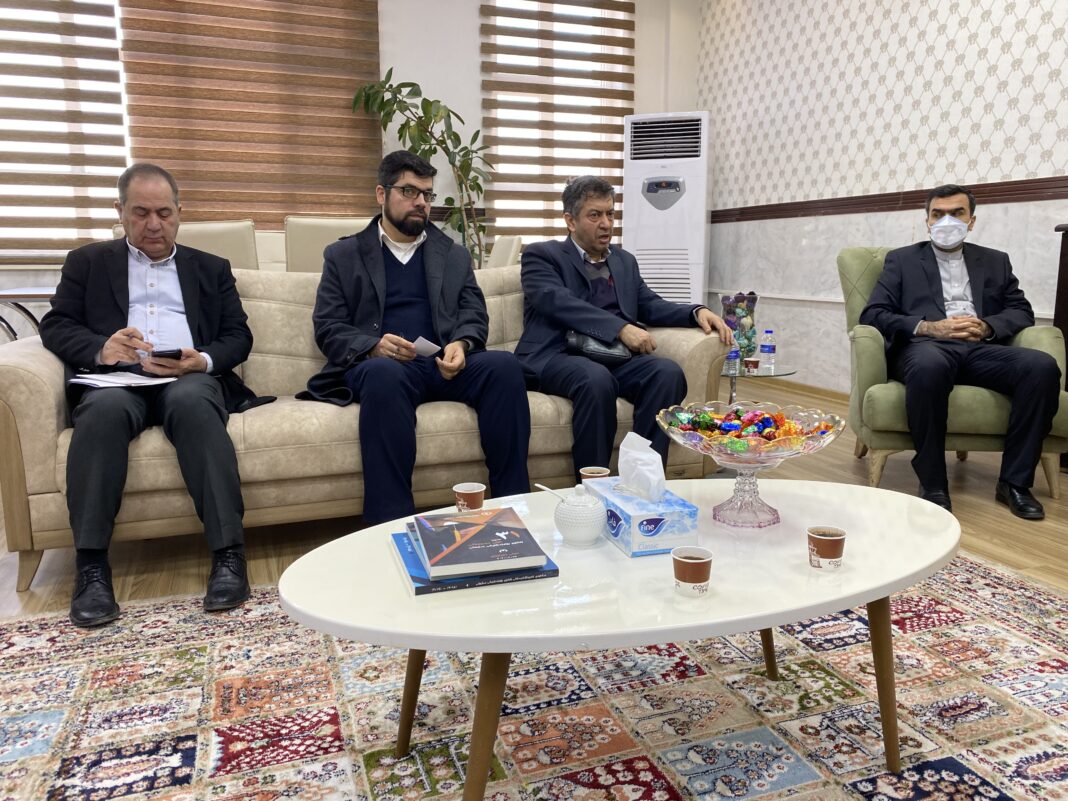1. Strengthening Bilateral Trade
Iran and the Kurdistan Region share a long-standing economic relationship, with trade in agriculture, construction materials, and consumer goods playing a vital role. Despite global economic challenges, cross-border commerce continues to grow, supported by strong cultural and geographical ties.
2. Major Imports and Exports
Iran exports food products, machinery, and industrial equipment to Kurdistan, while Kurdistan exports oil, livestock, and agricultural products to Iran. The balance of trade is heavily in Iran’s favor, but new agreements aim to diversify and expand trade opportunities.

3. The Impact of Sanctions on Trade
International sanctions on Iran have affected its trade capabilities, but Kurdistan has remained an important gateway for Iranian goods. Despite currency fluctuations and banking restrictions, both sides continue to find alternative payment solutions to sustain commerce.

4. Cross-Border Trade Hubs
Key border crossings like Bashmakh, Parvez Khan, and Haji Omran serve as economic lifelines for trade between Iran and Kurdistan. Infrastructure development in these areas is expected to enhance trade efficiency and attract more investors.
5. Future Prospects for Economic Cooperation
With ongoing discussions on joint investment projects in energy, manufacturing, and tourism, economic cooperation between Iran and the Kurdistan Region is expected to expand in the coming years. Increased political stability and trade agreements could further strengthen economic ties.





